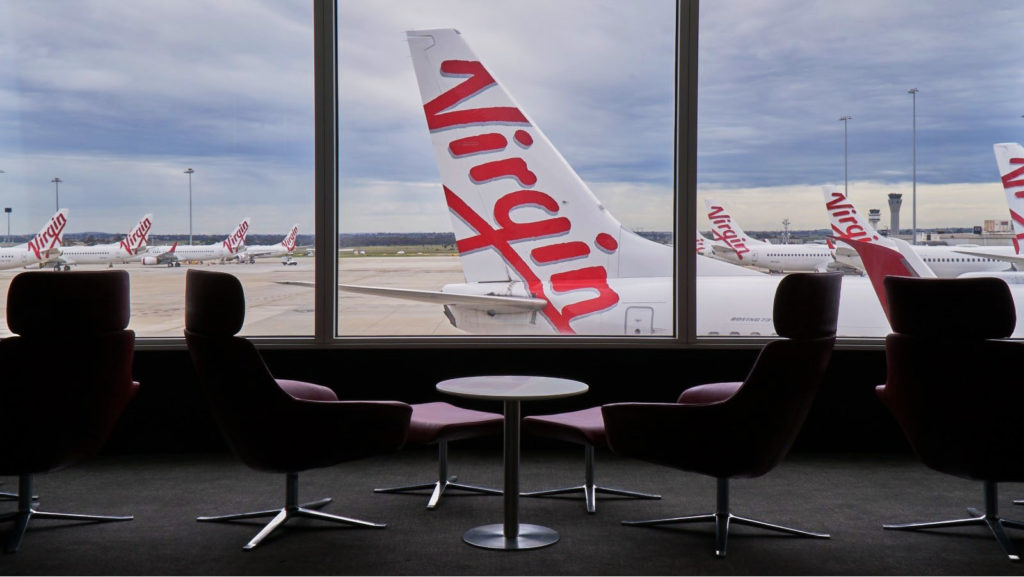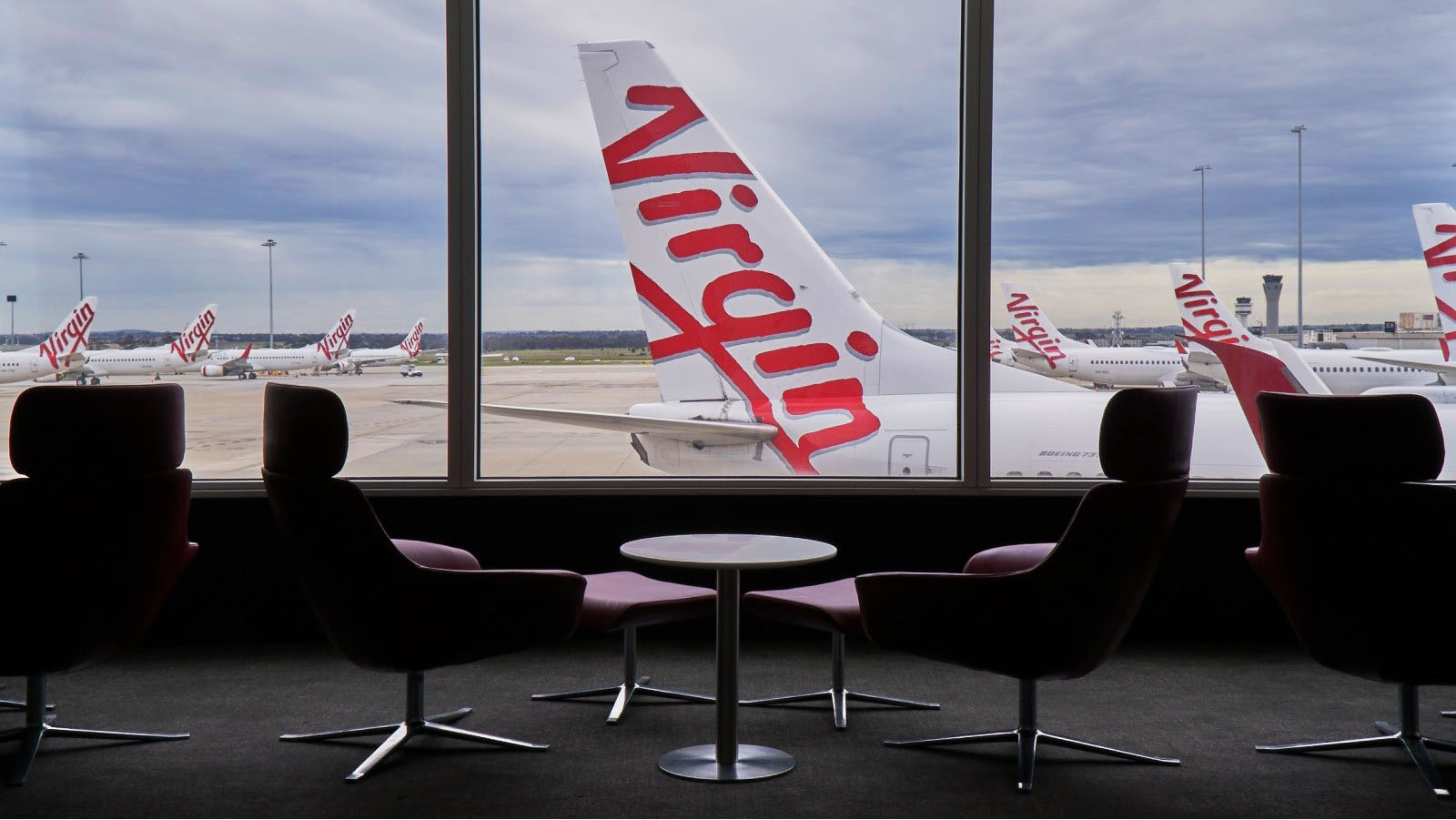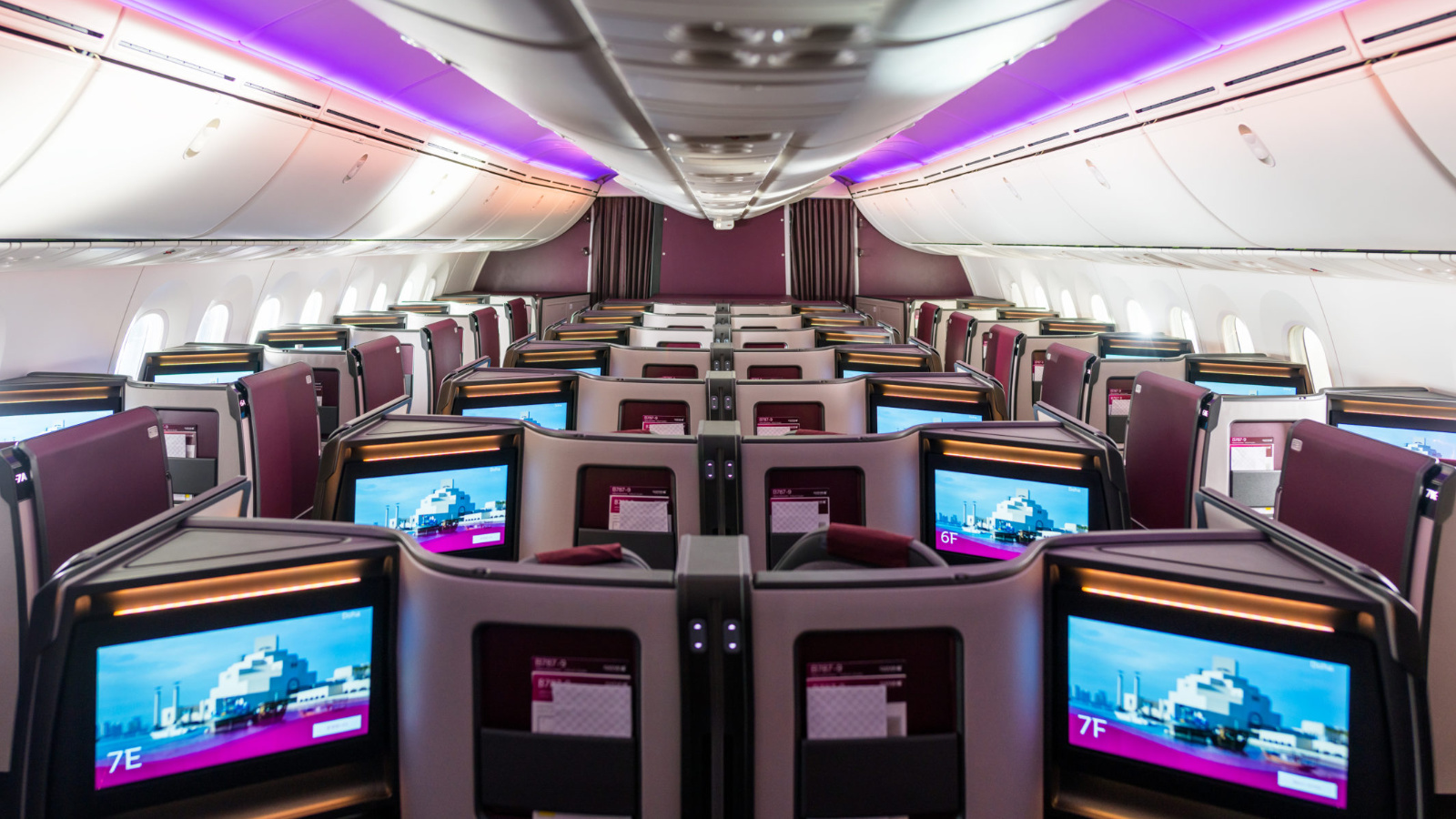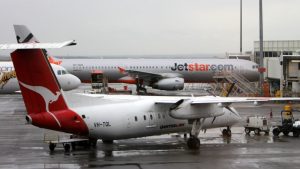Reminder: Velocity adding carrier charges for Singapore Airlines from 5 October
A guide to Velocity Frequent Flyer's carrier charges.

What we'll be covering
Carrier charges are somewhat of a ‘necessary evil’ when it comes to using points for reward seats – particularly on popular top-tier airlines. It’s essentially a surcharge for using points to fly on an airline with reward seats – on top of the usual airport taxes you need to pay.
Velocity Frequent Flyer actively discloses the carrier charges on their website. At the time of writing, Virgin Australia, Etihad and Qatar Airways reward bookings have carrier charges. Velocity will also introduce a Singapore Airlines carrier charge for rewards booked from 5 October 2022.
Singapore Airlines carrier charges with Velocity Points
Singapore Airlines bookings with Velocity Points will soon be subject to carrier charges from 5 October 2022. Thankfully, the rates aren’t as high as Qatar Airways or Etihad. In fact, flights under 4,200 miles (which includes all flights from Australia to Singapore) share a similarly low rate.
| One-Way Miles | Economy ($USD) | Premium Economy ($USD) | Business ($USD) | First ($USD) |
|---|---|---|---|---|
| 0 – 4,200 | $30 | $60 | $90 | $90 |
| 4,201+ | $50 | $100 | $150 | $150 |
Once the new carrier charges kick in, we expect the Virgin Australia booking engine will convert the charges to Australian dollars. Lap infants will also be charged 10% of the adult rate.

Singapore Airlines isn’t adding a carrier charge to reward seats booked through its own KrisFlyer program. So you could potentially avoid them by transferring your points from Velocity to KrisFlyer, though you’ll probably end up using more points than it’s worth to save on the charges.
Virgin Australia carrier charges with Velocity Points
Virgin Australia’s own carrier charges are reasonably small. Different charges apply for domestic, trans-Tasman and international short-haul.
| Route | Economy | Business |
|---|---|---|
| Domestic Australia | $11.00 (incl. GST) | $11.00 (incl. GST) |
| Trans-Tasman | $10.00 | $10.00 |
| International Short Haul | $35.00 | $70.00 |
International short-haul flights include those to the Pacific Islands (e.g. Fiji) and Southeast Asia (e.g. Bali).

Qatar Airways carrier charges with Velocity Points
You can now use Velocity Points to book a reward seat on Qatar Airways. But a carrier charge applies to all bookings, varying by cabin class and distance flown.
| One-way miles | Economy ($USD) | Business ($USD) | First ($USD) |
|---|---|---|---|
| 0 – 1,000 | $25 | $85 | $200 |
| 1,001 – 2,000 | $40 | $165 | $260 |
| 2,001 – 3,000 | $50 | $180 | $280 |
| 3,001 – 4,000 | $55 | $200 | $290 |
| 4,001 + | $60 | $230 | $300 |
The Virgin Australia website booking engine automatically converts the carrier charges into Australian Dollars when you search for rewards. Infants not occupying a seat are charged at 10% of the adult rate.

Etihad carrier charges with Velocity Points
Etihad was one of the first Virgin Australia partners to introduce a hefty carrier charge, especially for Business and First Class. The current rates in Economy and Business are identical to Qatar Airways, but the First Class carrier charge is a bit higher.
| One-way miles | Economy ($USD) | Business ($USD) | First ($USD) |
|---|---|---|---|
| 0 – 1,000 | $30 | $150 | $280 |
| 1,001 – 2,000 | $40 | $165 | $290 |
| 2,001 – 3,000 | $50 | $180 | $300 |
| 3,001 – 4,000 | $55 | $200 | $310 |
| 4,001 + | $60 | $230 | $320 |
As with Qatar Airways rewards, Etihad’s carrier charges are shown in Australian dollars and included in the total cash payment when you search for a reward seat on the Virgin Australia website.

Summing up
There’s no denying that carrier charges add another layer of costs that makes travelling even more expensive. It’s usually the operating airline that instigates the charge, with Velocity Frequent Flyer being required to pass those costs on.
In an ideal world, we would love to focus on using points on airlines that only charge the necessary taxes and surcharges. Indeed, you can continue booking on United, Virgin Atlantic, Air Canada, and Hawaiian Airlines with Velocity Points, but without extra carrier charges.
But Etihad, Qatar Airways and Singapore Airlines are all major global carriers with excellent onboard products and far-reaching networks, and they know it. If you want to take advantage of these coveted reward seats, you’ll need to pay up.
In comparison, Emirates is still charging unusually high (and frankly, unreasonable) carrier charges on rewards booked with Qantas Points or Skywards miles – more than double what Etihad and Qatar Airways currently charge with Velocity Points.
In terms of value, Velocity Frequent Flyer is still a standout program to consider in Australia.



I can’t see any VA award seats on the SQ booking engine even when available with Velocity points on the VA website.
Looks like they got themselves some pesky gremlins…
Well they are not, are they, since (as you point out in the article) there are various loyalty programs, which do not charge them!
People in Australia are just fixated on QF FF and Velocity because they are locally based programs.
“It’s usually the operating airline that instigates the charge, with Velocity Frequent Flyer being required to pass those costs on.”
Maybe. But that appears NOT to be the case for Velocity for SQ Awards – the topic of this article, rather a blatant cash grab by Virgin Australia / Velocity.
Other programs do not pass on carrier charges even when the operating airline does in its own loyalty program.
“But Etihad, Qatar Airways and Singapore Airlines are all major global carriers with excellent onboard products and far-reaching networks, and they know it. If you want to take advantage of these coveted reward seats, you’ll need to pay up”
Not true. You can bypass them by shifting your focus to those loyalty programs, which currently do not levy carrier charges on those premium airlines.
If customers blindly continue to support airlines / loyalty programs which rip them off and the travel media fall into line with the airline’s PR machines this rot will only get worse.
Wake up folks…
And per your statement wrt Emirates award seats:
“(and frankly, unreasonable) carrier charges”
… just at what point does that line get crossed for the excellent team at HfP?
When the fuel (oops, carrier) surcharges are more than the cost of a premium return airfare (you can buy MNL-MAD return for AUD2600 on EY business class about the same as the EK charges on a QF business class points redemption) and that cash (if saved and not expended) can purchase a significant number of points for a loyalty program that doesn’t charge carrier charges, surely, the boundary has long since been crossed?!
Sorry, mate – I just don’t buy into this “necessary evil” BS…;)
Keep up your AWESOME contributions!
Crash grab from the new management rather than thinking about the customer – so so so disappointing – s0 clearly Scurrah is just another dopey airline exec looking for an easy bonus by massaging the math
These reward seats cost peanuts to the airline – by stacking the fuel surcharge they are making a huge mark-up….sucked in folks…
…until they lose yet more customers to a (dysfuntional) value proposition from QF, which they cannot afford…